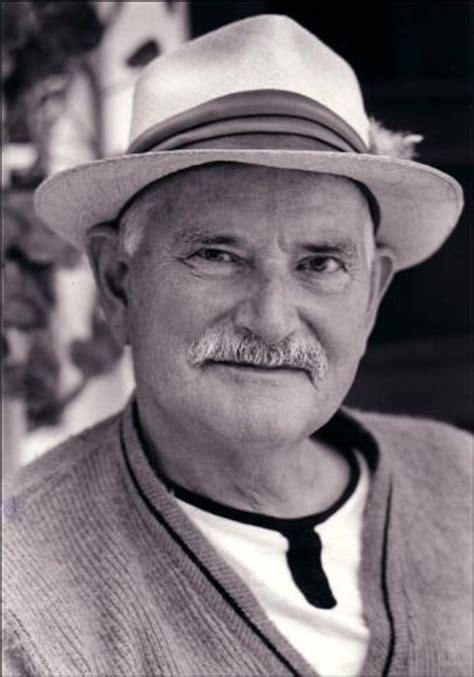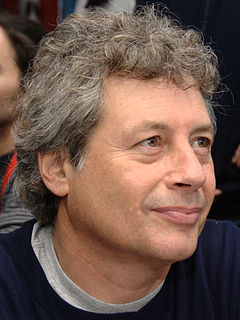A Quote by Joë Bousquet
Now the night's breath responds to the sea, which I can scarcely hear from here, as it reminisces about its shipwrecks.
Related Quotes
And somewhat as in blind night, on a mild sea, a sailor may be made aware of an iceberg, fanged and mortal, bearing invisibly near, by the unwarned charm of its breath, nothingness now revealed itself: that permanent night upon which the stars in their expiring generations are less than the glinting of gnats, and nebulae, more trivial than winter breath; that darkness in which eternity lies bent and pale, a dead snake in a jar, and infinity is the sparkling of a wren blown out to sea; that inconceivable chasm of invulnerable silence in which cataclysms of galaxies rave mute as amber.
But the fact is that when wine is taken in moderation, it gives rise to a large amount of breath, whose character is balanced, and whose luminosity is strong and brilliant. Hence wine disposes greatly to gladness, and the person is subject to quite trivial exciting agents. The breath now takes up the impression of agents belonging to the present time more easily than it does those which relate to the future; it responds to agents conducive to delight rather than those conducive to a sense of beauty.
If you see the fury and hear the howling of the tempest, or read of shipwrecks, think of the storm of human passions causing daily groans and disturbance in the hearts of men, wrecking the spiritual ship of the soul or the ship of human society; and pray fervently to the Lord that He may subdue the tempest of sins, as He once subdued the tempest at sea by His word, and that He may root our passions from our hearts, and re-establish in them unceasing tranquility.
listen to me as one listens to the rain, the years go by, the moments return, do you hear the footsteps in the next room? not here, not there: you hear them in another time that is now, listen to the footsteps of time, inventor of places with no weight, nowhere, listen to the rain running over the terrace, the night is now more night in the grove, lightning has nestled among the leaves, a restless garden adrift-go in, your shadow covers this page.
Behold the Sea,
The opaline, the plentiful and strong,
Yet beautiful as is the rose in June,
Fresh as the trickling rainbow of July;
Sea full of food, the nourisher of kinds,
Purger of earth, and medicine of men;
Creating a sweet climate by my breath,
Washing out harms and griefs from memory,
And, in my mathematic ebb and flow,
Giving a hint of that which changes not.
Most people don't take some things into consideration. When they hear an album, they hear the artist or they hear the lyric or they hear the melody. But they don't really think about the environment in which it was recorded, which is so important. It's that thing that determines what the album sounds like.
Listen to the air.
You can hear it, feel it,
smell it, taste it.
Woniya wakan, the holy air,
which renews all by its breath.
Woniya wakan, spirit, life, breath, renewal,
it means all that.
We sit together, don’t touch,
but something is there,
we feel it between us
as a presence.
A good way to start thinking
about nature
is to talk to it,
talk to the rivers, to the lakes,
to the winds,
as to our relatives.
Now this circumscribed power, which we have scarcely examined, scarcely studied, this power to whose actions we nearly always attribute an intention and a goal, this power, finally, that always does necessarily the same things in the same circumstances and nevertheless does so many and such admirable ones, is what we call 'nature' .






































